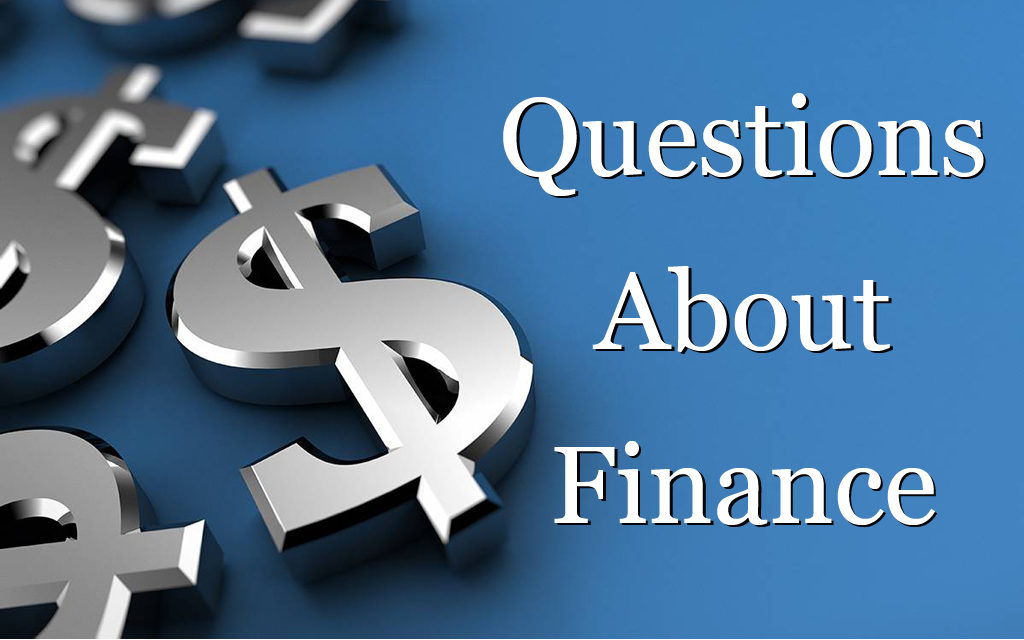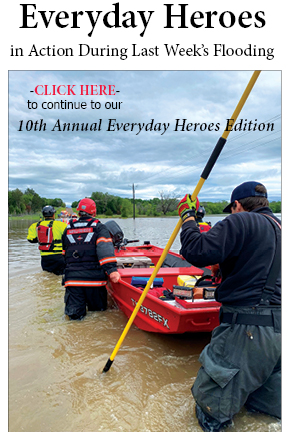by Taylor J. Kovar – CEO/Founder
Kovar Wealth Management
–Hi Taylor – I read an article headline about the economics of climate change and it piqued my interest. Naturally, I wanted to get the thoughts of my favorite economics guy. What do you think?
–Hey Mindy – You’re too kind. There’s a very real connection between climate, energy, and economics. It’s unfortunate that the conversation turns political so quickly because it should be an easy topic to discuss without getting into the weeds of policy debate.
- Cost of climate. I’m not sure what was in the article you read, but one of the main talking points is the expense associated with hurricanes, floods, and fires. There’s an endless debate about how to address these problems and it’s anyone’s guess what will work, but we can all acknowledge that the property damage leads to big financial losses. Without diving into massive federal efforts, we can still take preventative measures and plan for the seasons with hazardous weather. What we can’t afford to do, from an economic standpoint, is act surprised every summer when hurricanes hit the Gulf or fires scorch the West, because that’s becoming a dependable pattern.
- Invest in alternatives. T. Boone Pickens made many millions in oil before transitioning to alternative energy sources, famously declaring he was “pro everything” when it came to energy. If strategically placed windmills deliver efficient power, that’s something to be invested in; solar energy is an enormous industry on its own, harnessing the infinite power of the sun; natural gas and hydroelectric power make a lot of sense for the right purposes; all of these energy producers are solid options for creating jobs and boosting economic output. Just like everything that improves with innovation, we should welcome all useful advancements in various energy fields and the financial benefits that come with them, especially if they might give us cleaner air and water.
- Basic industrial setbacks. Severe weather makes everyday activities a little more difficult, and supply chains are anything but immune. From commercial fishing to agriculture, no economy can ignore the disruption that weather patterns have always had on commerce. In addition to bigger supply issues, you have to consider local impacts, like small businesses dealing with power outages and indisposed employees. A lot of these situations can’t be avoided, but there’s no harm in identifying and trying to prepare for recurrent events. Getting the right insurance and making the right seasonal arrangements can reduce potential losses. For those with the best foresight, there’s a lot of money to be made in helping other people get prepared.
The weather has a huge impact on our markets. As it changes, we should pay attention so we aren’t blindsided when industries are affected. Hope this was helpful, Mindy!





